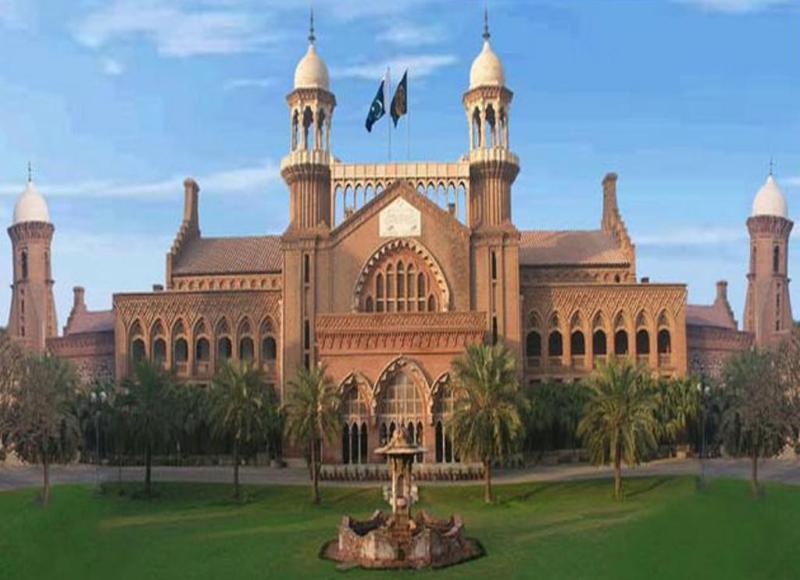
LAHORE:
The Lahore High Court’s decision last week to reverse the suspension of former Lesco chief Muhammad Saleem serves as a warning to those who would seek to influence court proceedings for personal gain.
The court was angered to learn, during the hearing of a petition against load-shedding, that Saleem had been removed from the slot and later suspended. The petitioner claimed that he had been punished for saving 17 megawatts of electricity by clamping down on theft.
The court sought an explanation from the federal government and the incumbent Lesco CEO, Arshad Rafique. It turned out that the federal government had been about to appoint Saleem as Lesco’s technical director, but the new chief suspended him without the government’s approval.
The court saw the transfer as a response to its earlier orders. Rafique was unable to satisfy the court that Saleem’s suspension was justified. He later admitted that he had been at fault and tendered an unconditional apology for acting in a manner that could be construed as interference in the court’s proceedings. The court remarked that as a temporary appointee, the new chief used his power to protect his incumbency.
Rain drain
On August 12, the Supreme Court’s Lahore registry took suo motu notice of the accumulation of rainwater at the courts including the SC building and sought a report from the Wasa managing director.
Last week’s torrential rains created a pool of rainwater that judges, lawyers and litigants had to wade through to get to courtrooms. The SC took notice of the authorities’ failure to dispose of the rainwater not just at the courts, but in the rest of the city too.
Housing Secretary Wasim Mukhtar, DCO Nasim Sadiq and Wasa Managing Director Javed Iqbal appeared before the court on short notice to answer queries about the arrangements made for the disposal of rainwater. The court directed them to do better.
Dirty Girl
The Lahore High Court last week sought written replies from the Federal Censor Board chairman and the district coordination officer on a petition challenging a ban on the Urdu film Dirty Girl.
The counsel for the DCO told the court that the petitioner, producer Qaiser Sanaullah, had obtained permission for the exhibition of the film from the Sindh Censor Board and could exhibit it there alone. He said that there was no censor board in the Punjab and only films approved by the Federal Censor Board could be shown here.
In reply, the petitioner claimed that others were exhibiting films in the Punjab with permission from the Sindh Censor Board without objection. He submitted that his movie had debuted on Eidul Fitr, August 9, but been banned by Independence Day. He said there was no justification for the ban.
Bar and Zamrrud
The Lahore High Court Bar Association backed two causes last week. First, it endorsed a unanimous resolution of the Balochistan High Court Bar Association condemning the nomination of lawyers as additional judges of the Balochistan High Court and of the Islamabad High Court on a Balochistan quota.
The LHCBA also urged the government to award the Sitar-i-Jurrat to former MNA Zamrrud Khan for his display of “courage” in the denouement of a lone gunman’s standoff with security forces in Islamabad. A general house meeting of the bar also passed a resolution recognising the “bravery” of the PPP leader, who also happens to be an advocate. Senior bar member Abdul Rasheed Qureshi moved the resolution.
Published in The Express Tribune, August 19th, 2013.






















































COMMENTS
Comments are moderated and generally will be posted if they are on-topic and not abusive.
For more information, please see our Comments FAQ